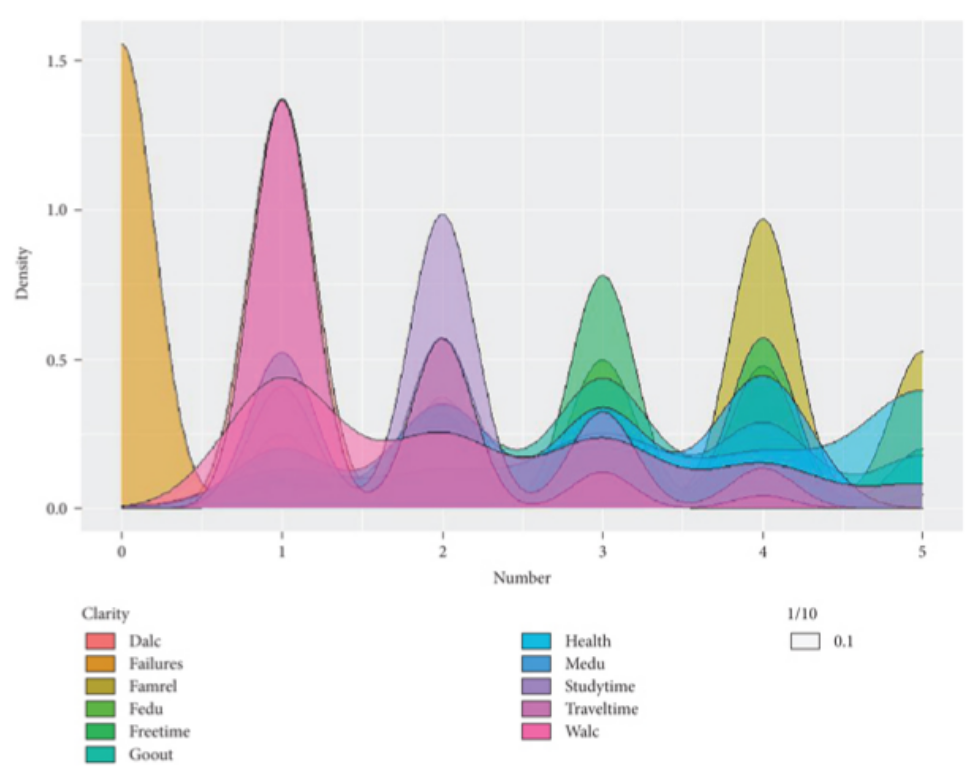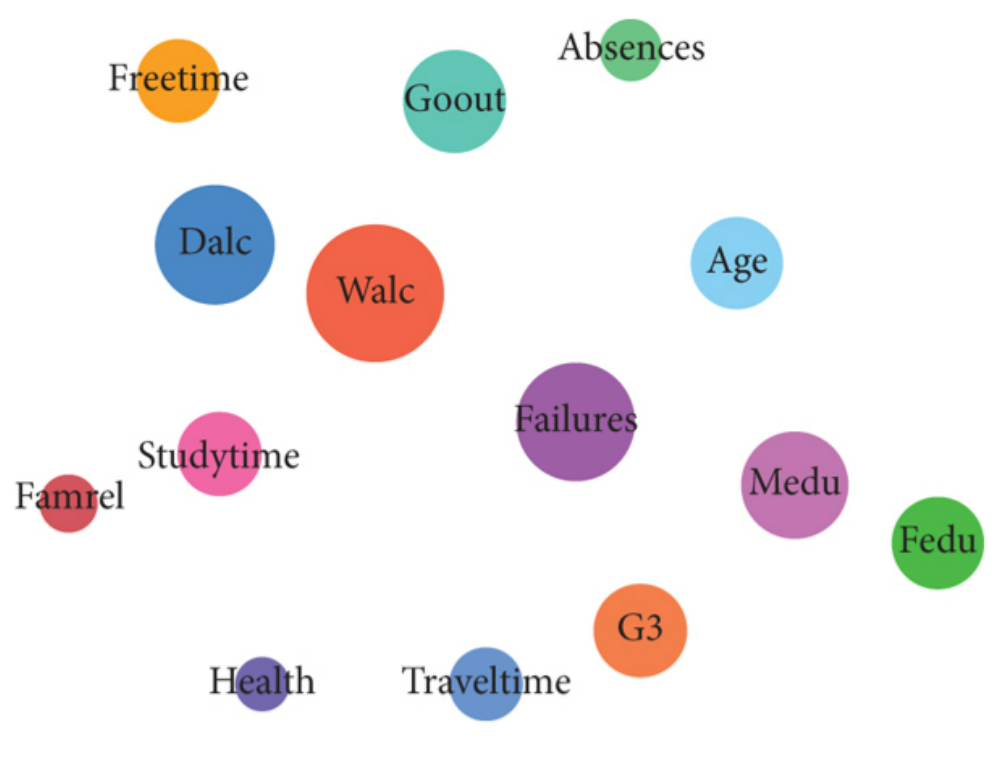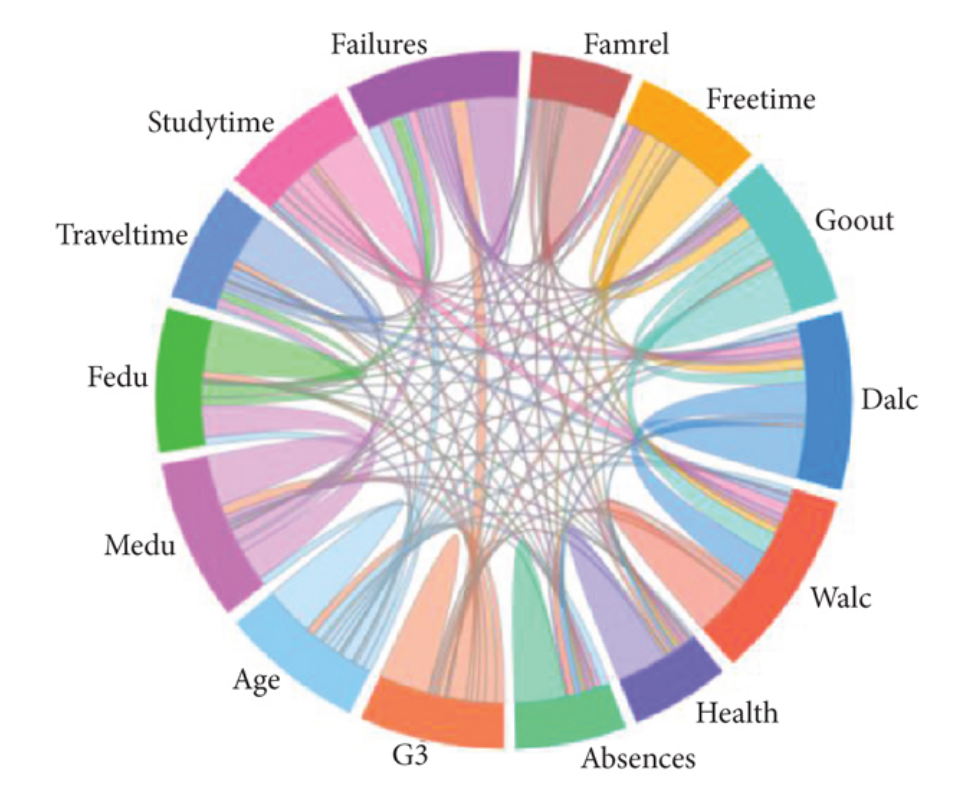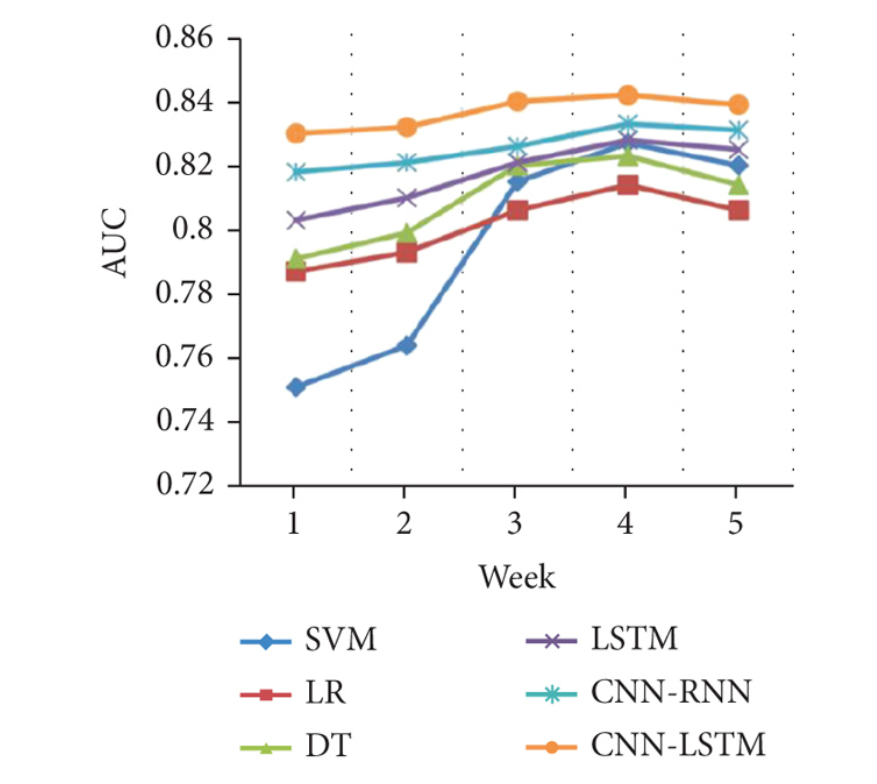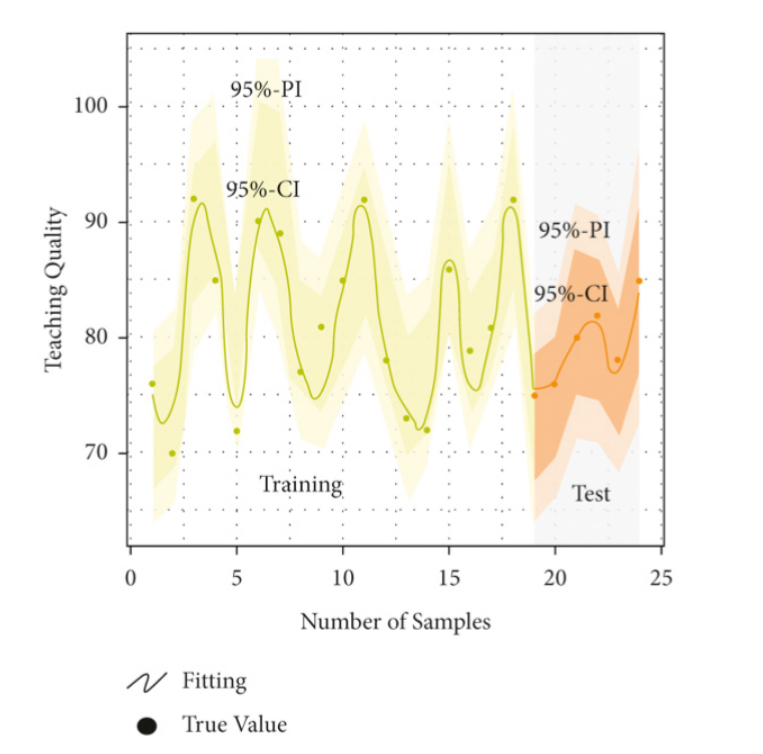 An open access journal
An open access journal
Competency-based Education: Mastery Learning and Skill-based Assessment
Abstract
Competency-based education (CBE) represents a transformative approach to learning and assessment, focusing on mastery of specific skills and competencies rather than traditional time-bound learning. This paper explores the principles and practices of CBE, emphasizing its emphasis on personalized, flexible learning pathways that allow learners to progress at their own pace. It delves into the components of CBE, including clearly defined competencies, assessment rubrics, and flexible learning resources. The discussion includes how technology-enabled platforms and learning analytics support CBE by providing real-time feedback and adaptive resources. Moreover, the paper addresses the benefits and challenges of implementing CBE in educational institutions, including the need for faculty training, alignment with accreditation standards, and addressing equity and access concerns. Through a review of empirical studies and case examples, the study highlights the positive outcomes associated with CBE, including increased student retention, improved skill acquisition, and enhanced workforce readiness. The conclusion offers recommendations for educators and institutions interested in adopting CBE, emphasizing the importance of a learner-centered approach that prioritizes skill mastery and continuous improvement.
Share and Cite
Article Metrics
References
- Adams, C., Rutledge, D., Bramble, W. J., & Razzouk, R. (2014). Foundations of Educational Competence-Based Assessment (eCBA) Frameworks. Educational Technology & Society, 17(2), 14-27.
- Burns, D. J., Gentry, C., & Kondrat, M. E. (2019). Competency-Based Education: Understanding the Potential Pitfalls. Journal of Management Education, 43(5), 483-508.
- Cairns, S. S., Baker, A., Graesser, A. C., & Gholson, B. (1993). ACT-based competency assessment in reading (ACAR). Journal of Educational Measurement, 30(2), 137-154.
- Chen, Y., Chen, N. S., Tsai, C. C., & Kinshuk. (2016). Exploring the effects of users' interactions with video annotation systems on teachers' perceived competencies. Computers & Education, 103, 28-42.

